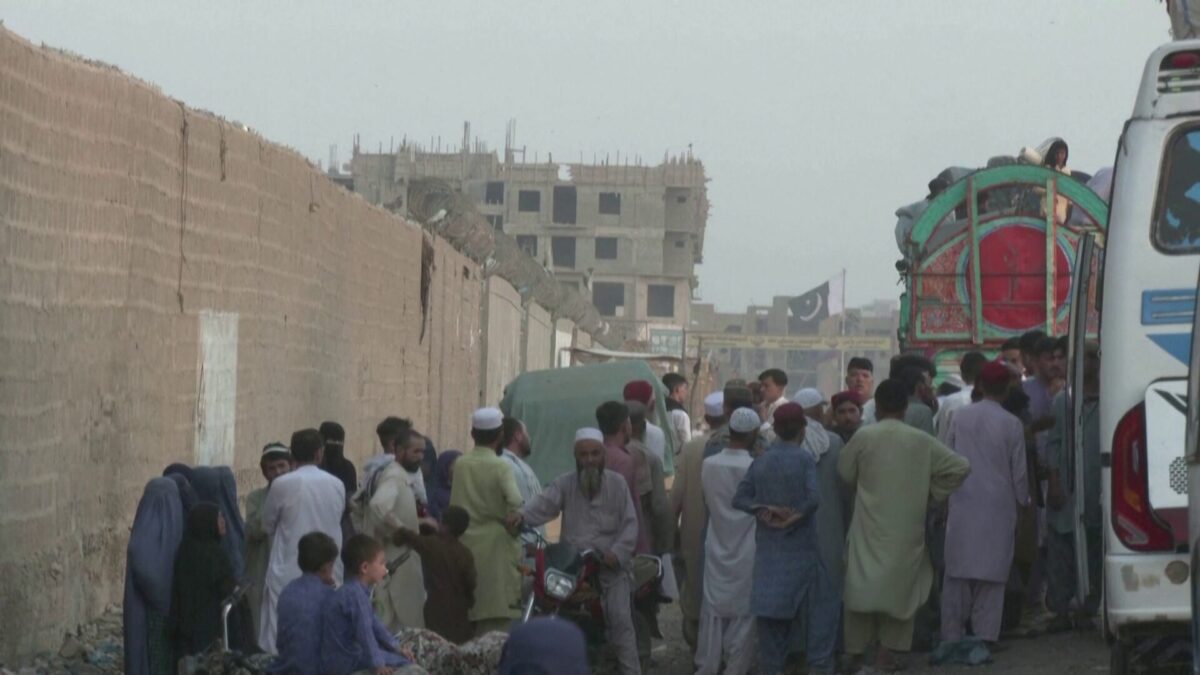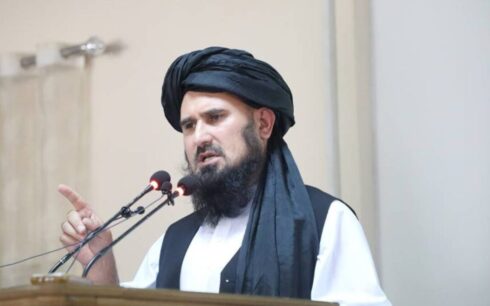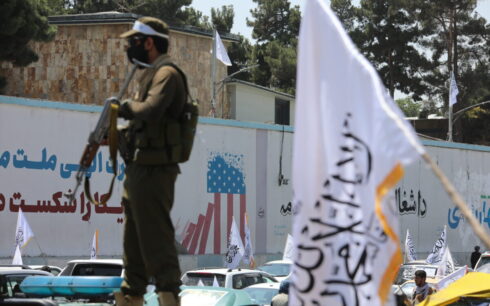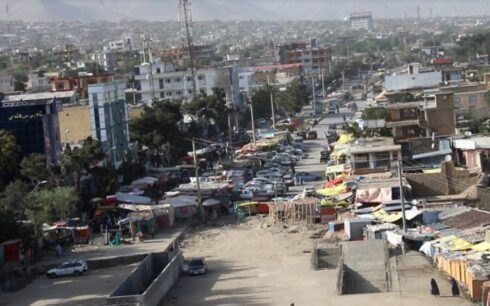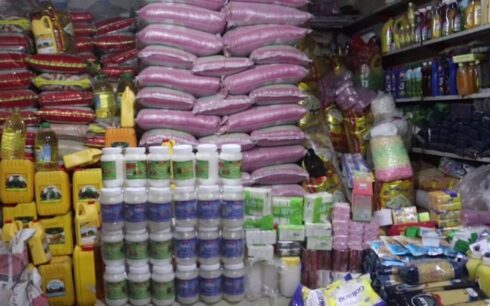Afghan migrants residing in Iran and Pakistan on Tuesday expressed increasing alarm over the protracted handling of their immigration cases and the lack of basic rights and security in their host countries.
These concerns come amidst a backdrop of ongoing unrest in Afghanistan, driving thousands to seek refuge abroad.
In Iran, Afghan immigrants report feeling insecure, frequently encountering police harassment, and being denied fundamental rights like work and education. “We do not have complete security here,” explained one refugee, highlighting the precarious nature of their existence in Iran.
Javed Hashemi, a former Afghan soldier, shared his plight: “I had to come to Iran due to severe security threats. Economically, educationally, and academically, my situation here is dire. I urge countries involved in resettlement to address our problems.”
“We are refugees escaping the Taliban, without support from the previous Afghan government. Renewing visas and residency documents is a struggle. We’re trapped, unable to stay in Iran or return to Afghanistan,” Nilab Omarkhel, a journalist who fled to Iran, articulated the dilemma faced by many.
The Afghan Women’s Voice Movement in Iran is calling for international attention to the crisis facing Afghan immigrants.
Similarly, Bibimah Ahmadi, a former defense lawyer in Afghanistan, now in Iran, spoke of the hardships. “We’re limited in many ways, deprived of education and work. Our security here is compromised,” he said.
“There’s no security for us here; we could be expelled at any moment. We implore the international community to hear us and help us find peace and security,” said Khurshid Barati, a civil society activist, echoing these sentiments.
Meanwhile, in Pakistan, Afghan immigrants held a protest demanding prompt attention to their cases. Many refugees in both countries have experienced ill-treatment by local police and find themselves in increasingly difficult circumstances.
As thousands of Afghans continue to seek safe havens, they have underscored the need for a more efficient and humane response from the international community and host countries to their plight.

